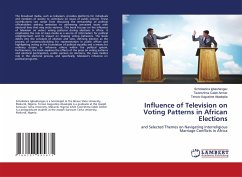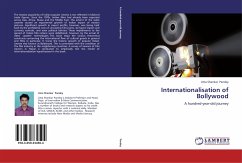In Bangladesh, it is generally believed that bureaucratic attitude always poses negative impact on social progress and development as the bureaucrats think themselves to be an elite class in the society. It is alleged that reactionary attitude always acts among them in imposing decisions on the helpless folk of the country. It is also believed that long absence of democracy in the country in the near pasts had been resulting in an unholy alliance between the civil and the military bureaucracy too. This book tries to get answers of those questions. It looks into whether the bureaucrats are alienated from people, what conditions prevail in their internal communication, how do they maintain communication with people and what are the barriers to it. Though communication behavior of bureaucracy is least discussed in Bangladesh, situation demands in-depth analysis on it. This issue along with social role of civil bureaucracy, its responsibility, accountability, transparency and performance is elaborately discussed in the book. Indeed the whole effort is devoted to identify the general characteristics of the bureaucrats' communication and to outline a model that portrays its' interlinks.
Bitte wählen Sie Ihr Anliegen aus.
Rechnungen
Retourenschein anfordern
Bestellstatus
Storno








